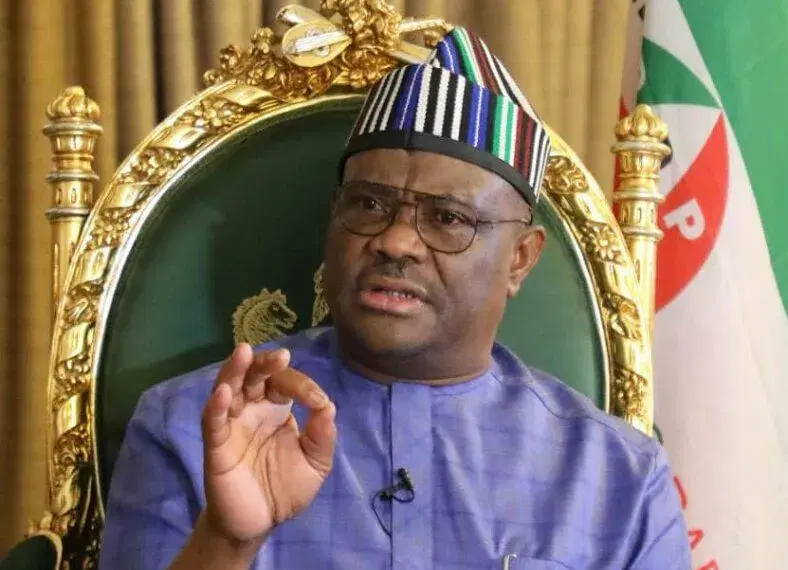The self-immolating tendency of people to remain indifferent to situations they are not directly involved in seems to be playing out in the political debacle in Rivers State. Curiously, some are enjoying the drama between Governor Siminalayi Fubara and his predecessor, Nyesom Wike, the current Minister of the Federal Capital Territory (FCT).
There is no question that most Nigerians are accustomed to the antics of a disoriented political elite that largely ignores the people’s struggles. Such a situation has led to the current economic nightmare afflicting a nation so richly endowed that, less than 50 years ago, other countries visited Nigeria to study its developmental progress and borrow ideas for their agricultural revolutions.
While other nations evolved, Nigeria was mired in destabilizing politics, much like the situation Wike has imposed on Rivers State. Nigerians ignore these signs at their own risk: when Rivers State sneezes, Nigeria catches a cold, just as it does with Kano and Lagos.
Like a human body, what affects one part of a country eventually affects all other parts. This is systems theory. Just as doctors quarantine benign tumors to prevent them from becoming malignant, in politics, perceptive systems strive to prevent localized dysfunctions from spreading.
In Nigeria, two historical examples should serve as warnings of looming danger. The first is the Western regional crisis of 1964, which, when mishandled, created the environment for the 1966 coup that triggered a series of tragic events still affecting the country today. The second example is the 1983 Ondo crisis, where people revolted against an electoral injustice. By the time the violence had subsided, the military had intervened, ending the Second Republic.
Wike’s current actions are reminiscent of the drums of destabilization, and he is leading the charge. His behavior threatens democracy in three key ways. First, Wike is sowing confusion within the Peoples Democratic Party (PDP), despite having benefited from the very practices he now rejects. His declaration that President Tinubu will be re-elected in 2027 raises serious questions about his loyalty to the PDP.
Whether or not Wike is still a member of the PDP is another matter. If left unchecked, his relentless actions to dominate Rivers State could lead to a national catastrophe. It only takes other political players to follow Wike’s lead for the situation to spiral into chaos.
Second, Wike’s open threats to destabilize states for selfish reasons are unacceptable and unlawful. Given the current security crisis in Nigeria, his willingness to escalate the misery of the people for personal political gain is reckless, unpatriotic, and devoid of empathy.
At this critical moment, Nigerians need solutions to their distress, not threats of further destabilization. That Wike continues to make inflammatory remarks while citizens are fear-stricken and grieving is deeply regrettable from someone expected to offer hope and confidence.
Third, Wike’s threat to destabilize Bauchi, a state in Nigeria’s insurgency-ridden North-East, is a callous attack on a region already devastated by violence. For a public official to be so indifferent to the suffering of others is both heart-wrenching and deeply unfortunate.

